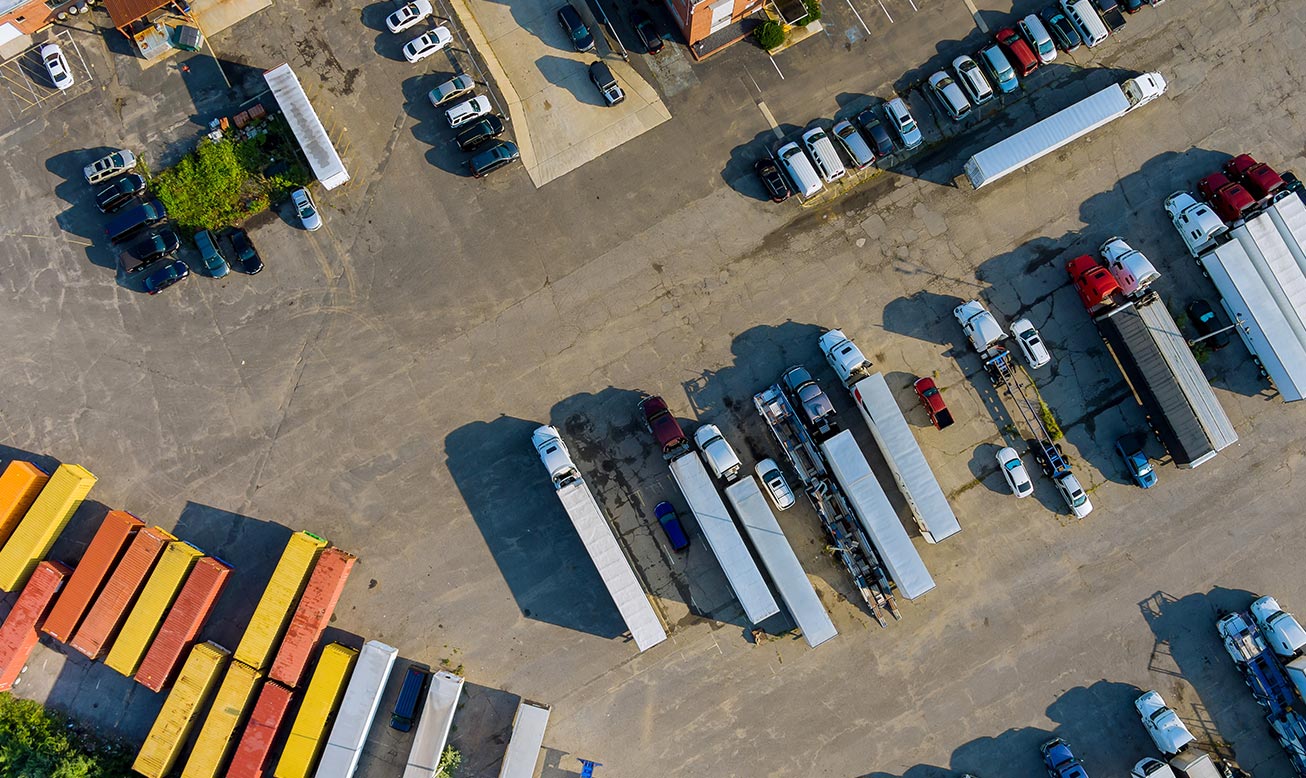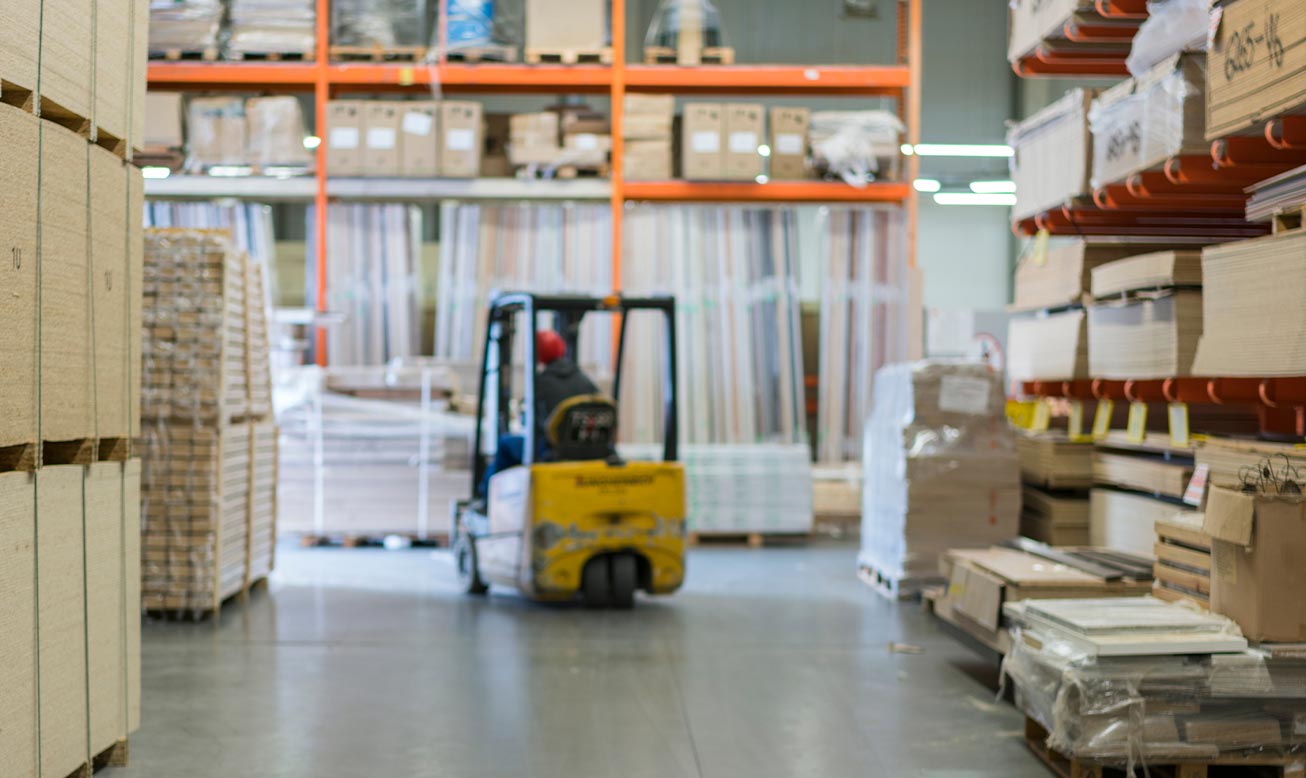July 2, 2024
Ensuring Safe Delivery Services When It Matters Most
Ensuring safe delivery services is paramount for the growth and success of any logistics company. The demand for shipping services has skyrocketed, particularly in the post-pandemic era, with customers expecting timely and safe deliveries. Meeting these expectations requires businesses to focus on several aspects of logistics, including peak season preparations, safe delivery practices, and mitigating threats to freight safety.
Understanding Logistics Seasons
Logistics seasons refer to the different periods throughout the year when delivery demand fluctuates. These changes are influenced by factors such as holidays, back-to-school periods, and special events. The peak season is the busiest and most significant logistics season, typically from October to December. It includes major holidays like Thanksgiving, Black Friday, and Christmas. During this time, the volume of shipments increases significantly, as businesses need to have their stocks fully loaded in order to be prepared to handle the surge efficiently.
Peak Season Preparedness
Failure to meet these high expectations can result in loss of business, damage to the company’s reputation, customer dissatisfaction, and loss of loyalty. Peak season logistics requires meticulous planning and execution. Ensuring safe delivery services during this time of the year involves several key steps:
- 1
Capacity Planning – Anticipate the increased demand and secure additional resources, such as vehicles, warehouses, and staff. This preparation helps avoid delays and ensures timely deliveries.
- 2
Inventory Management – Proper stocking is essential to meet customer demands. Your business can utilize data analytics to forecast inventory needs accurately and avoid stockouts or overstock situations.
- 3
Technology Integration—Implement advanced logistics technologies, such as automated sorting systems, real-time tracking, and route optimization software like SunConnect, to enhance efficiency and accuracy.
- 4
Training and Staffing – Hire temporary staff and provide thorough training to handle the peak season workload. Well-trained employees can ensure fast and safe delivery and maintain high customer satisfaction.

Safe Delivery Practices
Safe delivery practices are vital to maintaining shipments’ integrity, especially in the last mile. Here are some essential practices to implement:
Secure Packaging – Use high-quality packaging materials to protect goods from damage during transit. Make sure that fragile items are adequately cushioned and secured.
Proper Labeling – Packages should be clearly labeled with all necessary information, including addresses, handling instructions, barcodes, and appropriate identification. Correct labeling reduces the risk of misdelivery and ensures packages reach their intended destinations.
Real-Time Tracking – Offering customers real-time tracking information allows them to monitor their shipments and plan accordingly. This transparency builds trust and reduces anxiety about delivery times.
Contactless Delivery – Contactless delivery options became essential when the COVID-19 pandemic peaked. Implementing contactless delivery methods, such as leaving packages at a designated safe place, mainly when they come from known and trusted carriers, ensures safety for both delivery personnel and customers.

Common Threats to Freight Safety
There are several scenarios that can compromise the safety of freight during transit. Understanding these threats, implementing measures to mitigate them, and having contingency plans are crucial for a successful delivery service.
Double Brokerage
Double brokerage occurs when a freight broker illegally re-brokers a shipment to another carrier without the shipper’s knowledge. This practice can lead to significant issues, including losing control over the shipment, increased costs, and delayed deliveries. To avoid double brokerage:
- Verify Broker Credentials – Work with reputable brokers and verify their credentials through industry databases and associations.
- Use Technology – Utilize freight management software that provides visibility into the entire supply chain, ensuring that only authorized parties handle shipments.
Theft
Since the beginning, cargo theft has been a prominent concern in the logistics industry. It is particularly distressing during peak seasons when shipment volumes are high. Common methods of theft include hijacking, pilferage, and fictitious pickups. Here are some practical tips to enhance delivery safety:
- Implement Security Measures – Use GPS tracking, seals, and surveillance cameras to monitor shipments and prevent theft.
- Train Staff – Educate employees on security protocols and encourage them to report any suspicious activities.
- Choose Safe Routes – Plan delivery routes to avoid high-crime areas and ensure that drivers are aware of safe places to stop and rest.
Cargo Damage
Freight can be damaged because of improper handling, accidents, or inadequate packaging. Damaged goods lead to customer dissatisfaction and increased costs due to returns and replacements. Constant damage to products can significantly impact the company’s finances and reputation. To ensure safe delivery service:
- Invest in Training – Train employees on proper handling techniques and the importance of careful loading and unloading.
- Quality Control – Implement stricter quality control measures to ensure that goods are packaged and secured correctly before transit.
- Regular Maintenance – Make sure delivery vehicles receive regular maintenance to prevent accidents caused by mechanical failures.
Fraud
False claims and identity theft are fraudulent activities that pose significant risks to logistics companies. Fraud can lead to financial losses, legal issues, and damage to reputation. To combat fraud:
- Implement Verification Processes – Verify the identity of customers and suppliers through secure methods before processing transactions.
- Monitor Transactions – Use advanced analytics to monitor transactions for unusual patterns that might indicate fraudulent activities.
- Educate Customers – Inform customers about typical fraud schemes and encourage them to disclose any suspicious activities.
Moreover, partnering with a trustworthy transportation partner can give you peace of mind that your freight is being managed with the utmost care.
At Last Mile Logistics, we understand that your freight has to arrive at its final destination intact and on time. By prioritizing delivery safety, your business will enjoy enhanced customer satisfaction, a strengthened reputation, and growth in a competitive market. So please call us so we can evaluate your transportation needs.

